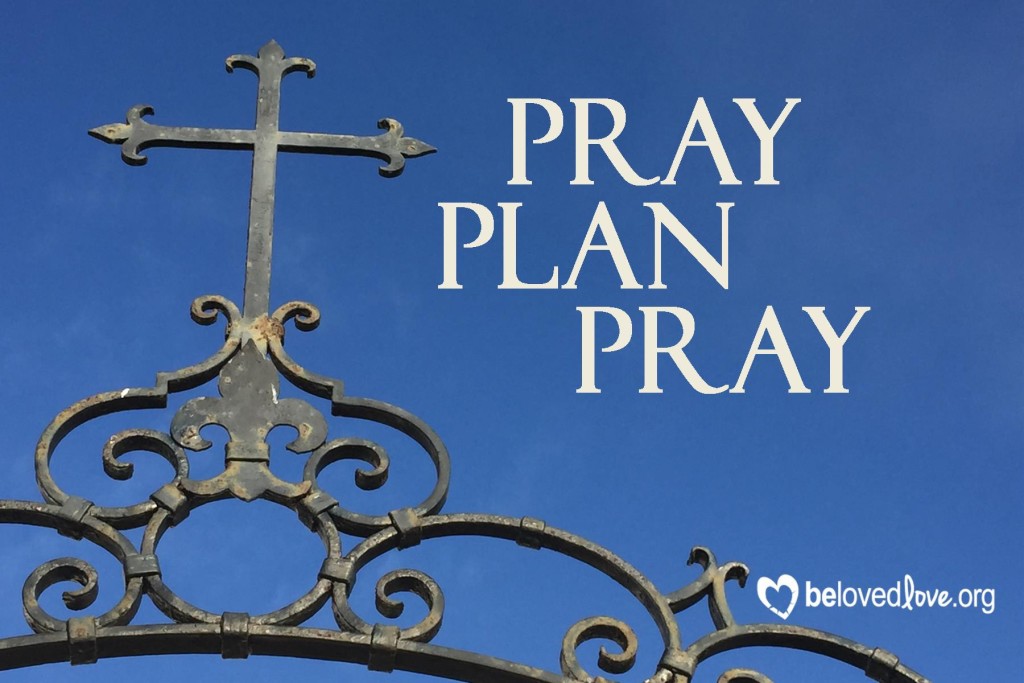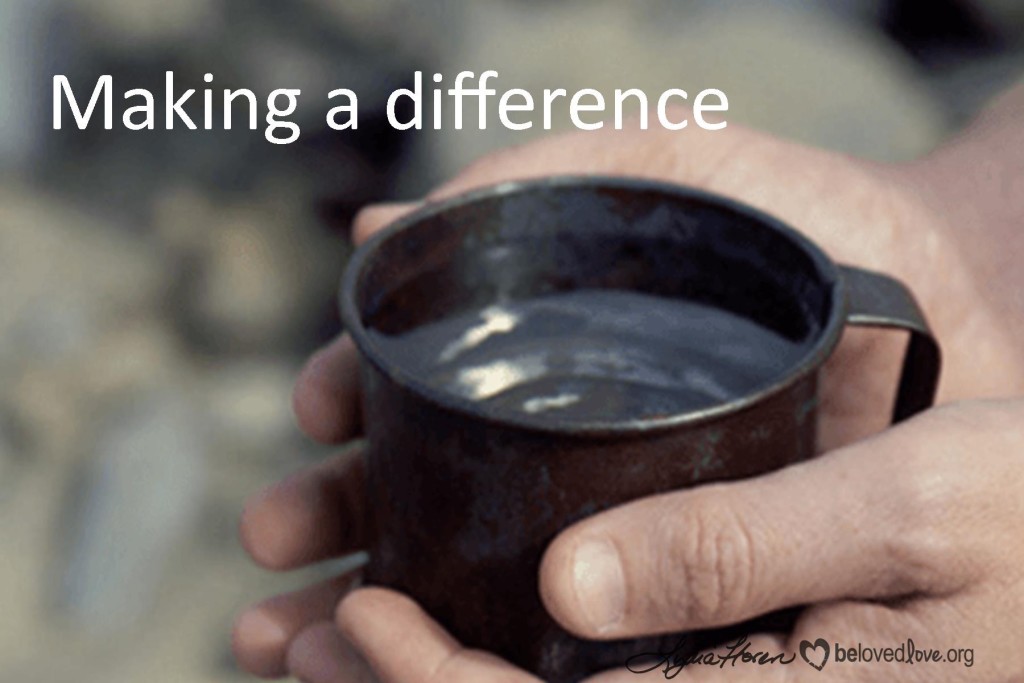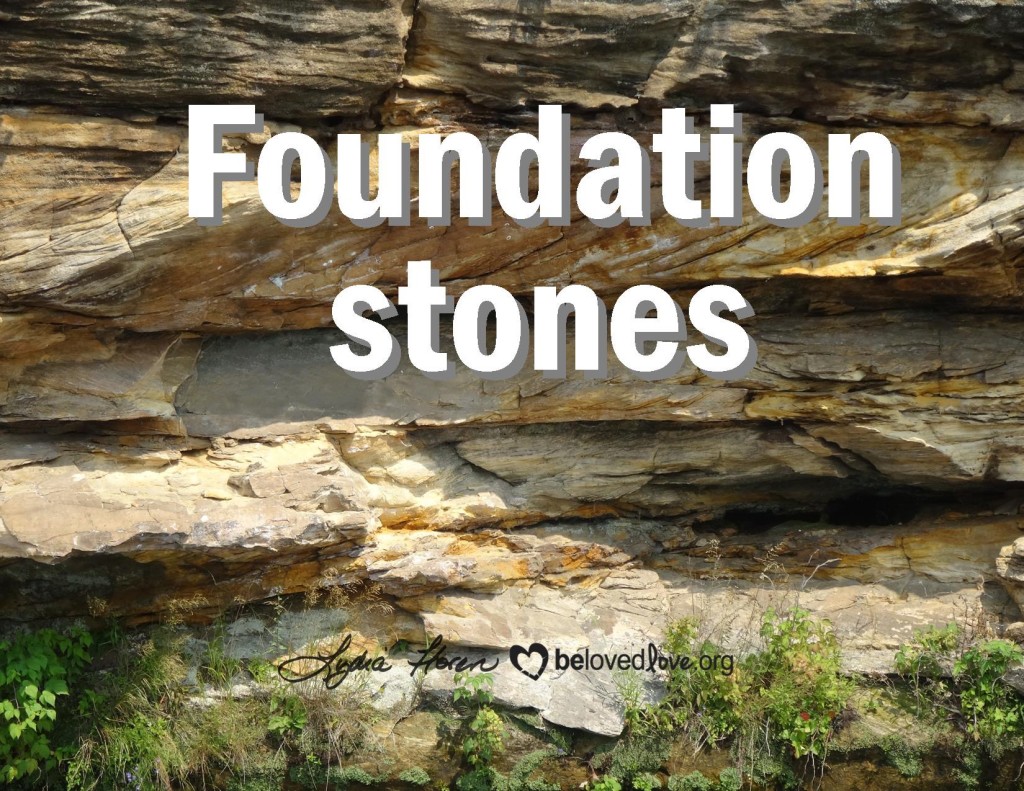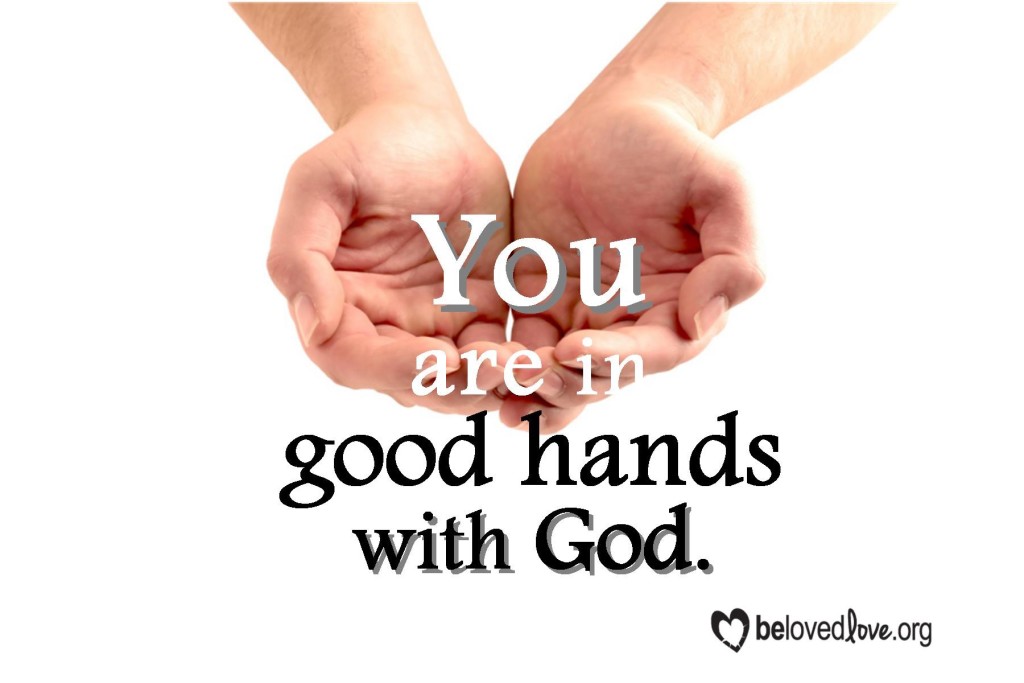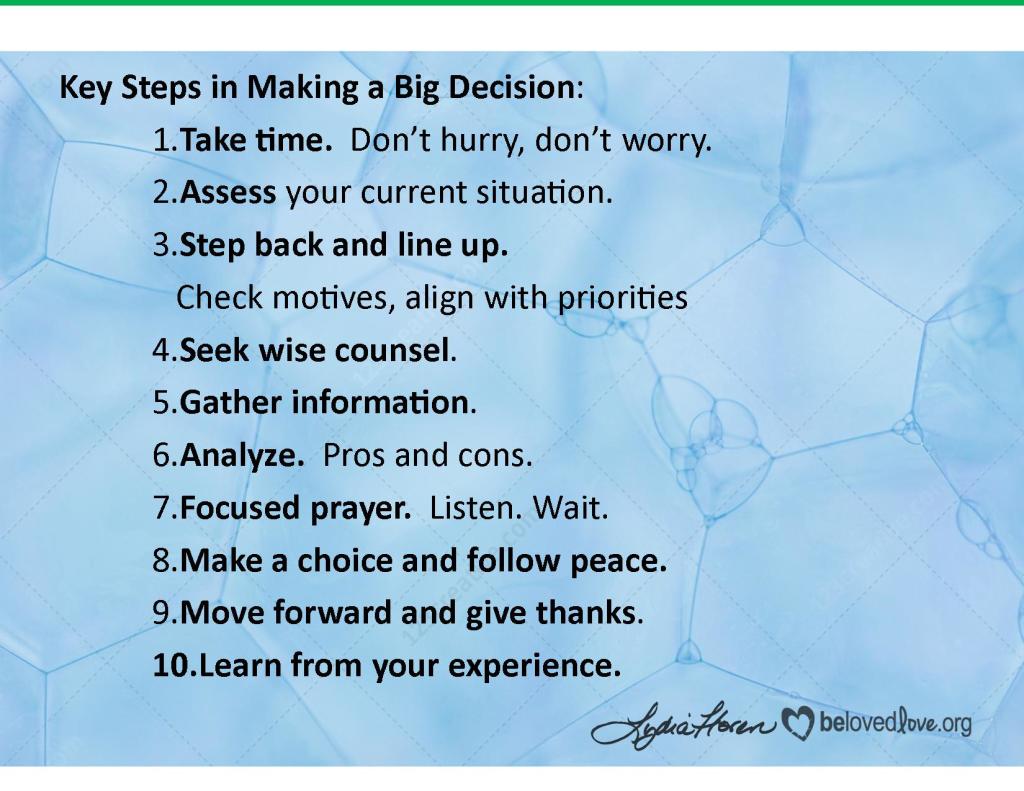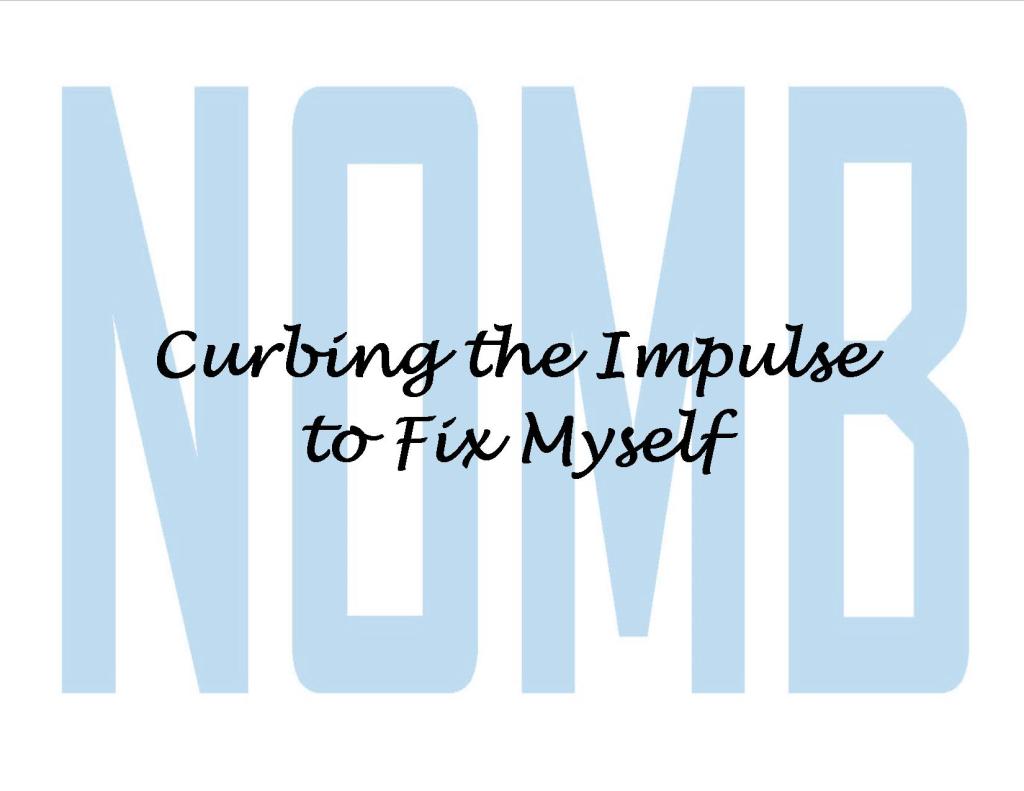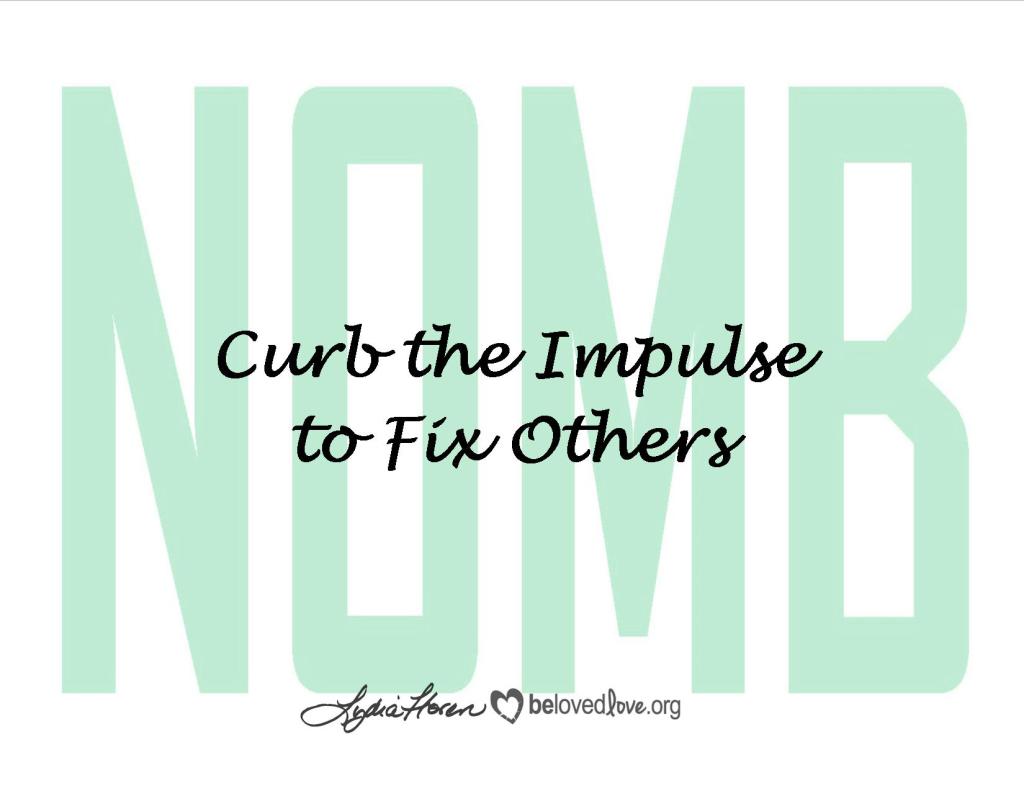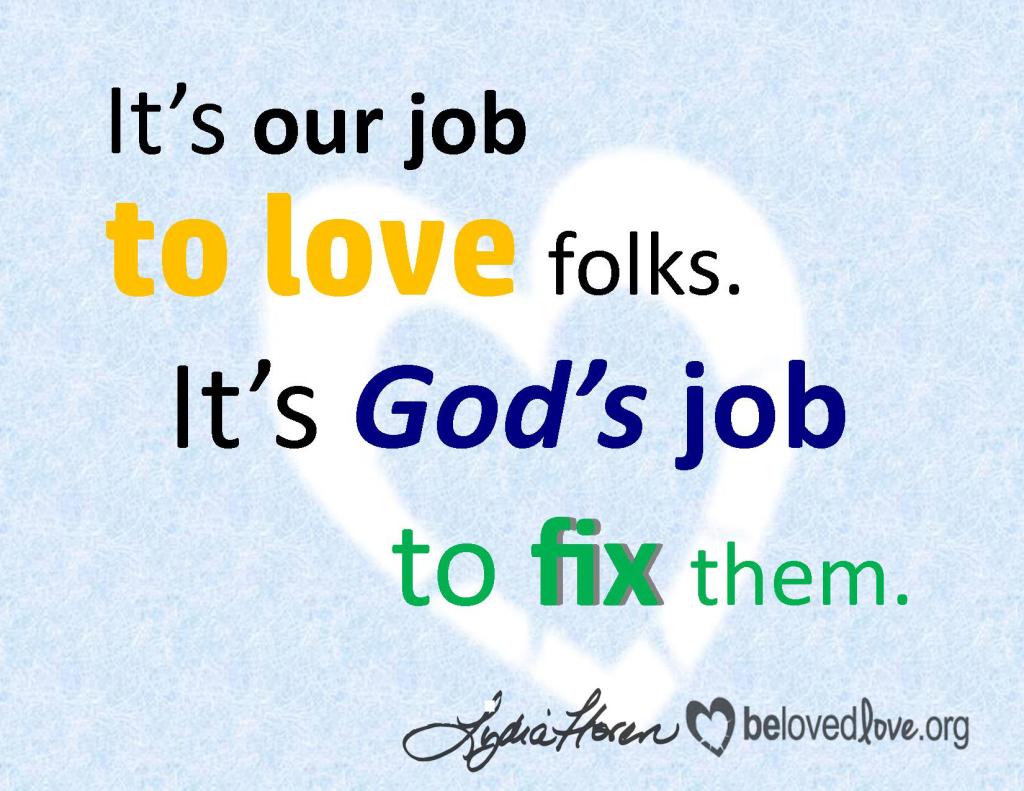Last week in “What Should I Do Next?”, I wrote about making plans. I’m not going to lie. Planning takes time and perseverance. It is hard to make myself take a chunk of time to pray through and decide what is the best way to spend my time and resources.
But tough choices aren’t just limited to making plans.
When we face dilemmas, we ask ourselves, “What should I do now?“
Many times we are faced with dilemmas in life – difficult relationships, career decisions, parenting concerns. Everything seems muddled. We can feel totally at a loss about how to respond, or which way to go. And it stresses us out. We need wisdom beyond our own understanding.
Proverbs 2 has some great insight:
“If you accept my words and store up my commands within you, turning your ear to wisdom and applying your heart to understanding, and if you call out for insight and cry aloud for understanding, and if you look for it as for silver and search for it as for hidden treasure, then you will understand the fear of the Lord and find the knowledge of God.” Prov. 2:1-5
Here’s another way to say these verses:
Steps Toward Wisdom (paraphrase of Prov. 2:1-5)
- Accept and store up God’s word: make a practice of exposing yourself to the truth of God’s word and God’s presence every day. Respect it. Let it sink into your heart and spirit.
- Listen: Pay attention to how God might be speaking to you in your situation. Do your best to try to understand what He is saying in your heart through His word and His presence.
- ASK HIM for His perspective on your situation. Plead with Him to increase your understanding beyond what you can do on your own.
- Search for God’s wisdom. Actively look for His insight. Let that be the most important thing to you, more important than the facts that you have gathered, your own conclusions, or the opinions others.
When you do these things, you will find the knowledge you seek about what your next steps should be. And you will experience just how amazing God is.
Remembering our highest priority keeps everything in perspective.
When we make our relationship with God our highest priority, He helps us put everything in perspective, and gives us wisdom beyond our own understanding.
Is your relationship with God your highest priority in life? How do your choices of how you spend your time and resources reflect that priority? What plans/steps can you make to better accept, listen, ask and search for God’s wisdom?
“And you will seek me and find me, when you search for me with all your heart. And I will be found by you, declares the Lord.” Jer. 29:12




